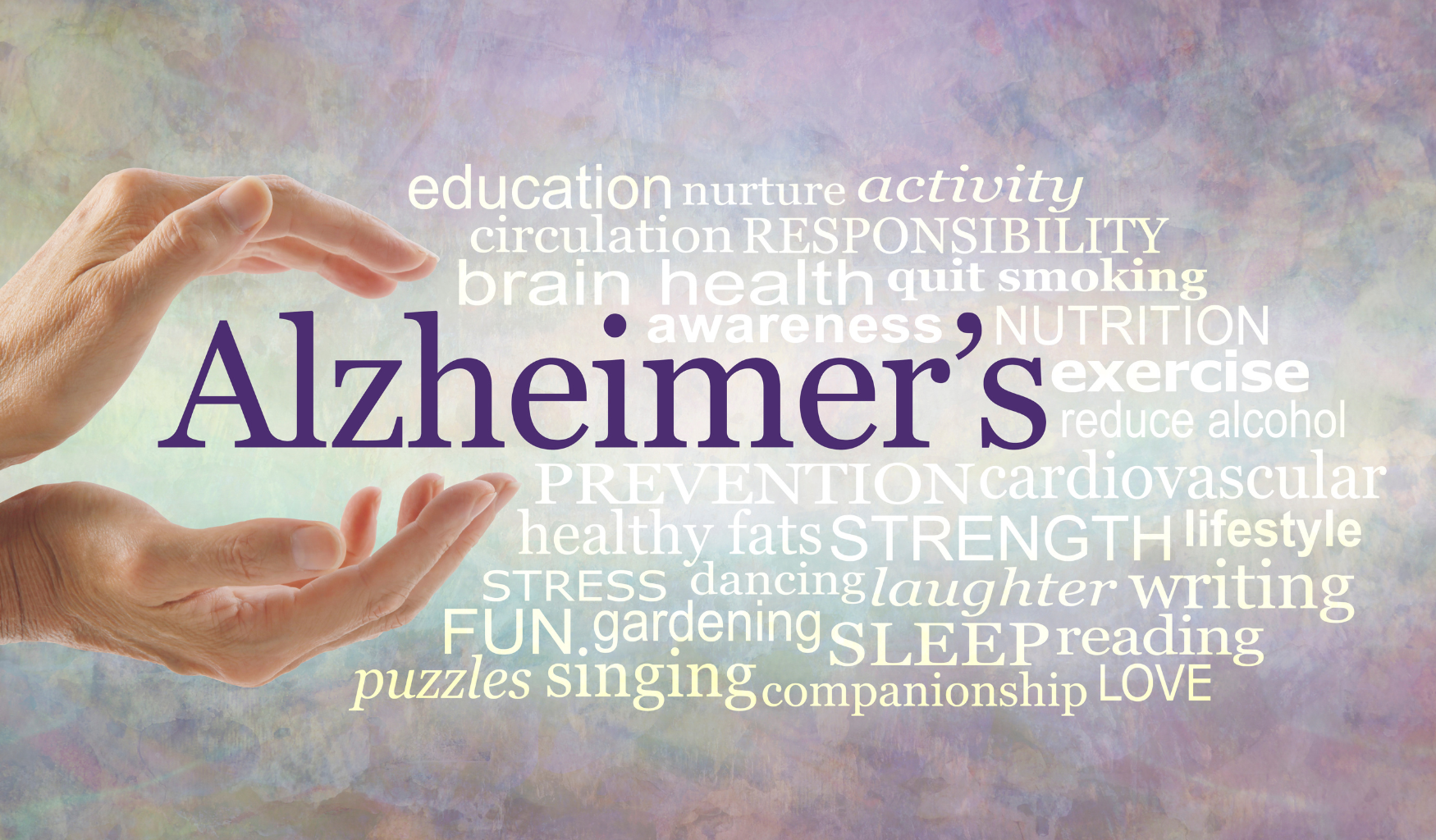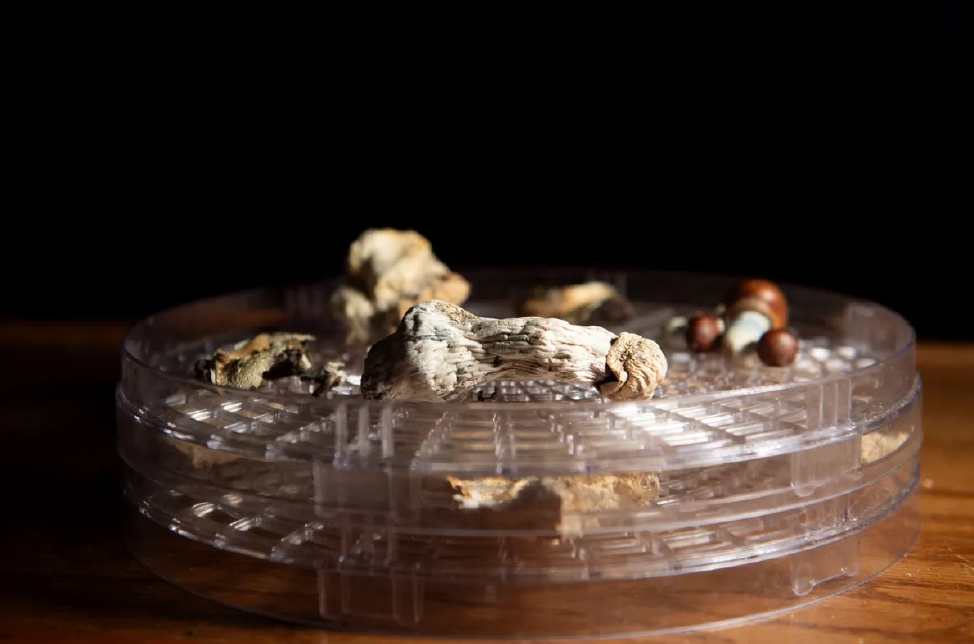
On June 12, Dr. Giles presented virtually the following oral presentation:
Ketamine assisted psychotherapy (KAP) in the context of advanced cancer diagnosis, treatment, progression and remission
The abstract’s authors are: Julianna Giles, ND, MSAS; Sunil Aggarwal MD, PhD,
FAAPMR; Leanna Standish, ND, PhD, LAc, FABNO
Here is the full text of the abstract:
Cancer is well established as a genetic, metabolic and immunologic disease. At Advanced Integrative Medical Science (AIMS) Institute, we also understand cancer as a disease of psychospiritual stagnation. Entheogenic substances, including ketamine, in part through disruption of the default mode network, have been shown to break through blockages in a patients’ psyche, specifically in treatment-resistant depression, anxiety, and post-traumatic stress disorder (PTSD). These conditions are commonly concomitant with a cancer diagnosis. We examined psychometric measurements of depression (PHQ-9) and anxiety (GAD-7) in ten cancer patients before and after ketamine assisted psychotherapy (KAP) sessions. We also examined objective outcomes in these same patients, defined as either progression, stable disease, no evidence of disease or death.
Data were examined from October 2018 to August 2020. Ten patients fit our criteria of cancer diagnosis and exposure to at least one KAP session. Types of cancer included colorectal cancer, breast cancer, ovarian cancer, prostate cancer, pancreatic cancer, cholangiocarcinoma, anaplastic astrocytoma, oligodendroma and undifferentiated pleomorphic sarcoma. Age at the time of first KAP ranged from 27-63 y (mean 50.4 y, median 53.5 y). 7/10 cancer patients were considered advanced (stage 3 or 4) at the time of first KAP. Four out of 10 patients were NED at the time of KAP intake, 3/10 were stable and 3/10 were progressing. Half (5/10) of the patients were under the care of a psychotherapist while exploring KAP as a therapy. Eight out of ten patients filled out an ACE (adverse childhood events) questionnaire; 2/8 had zero ACEs, 1/8 had one, 2/8 had two, 1/8 had four, 1/8 had five and 1/8 had six. Baseline GAD-7 scores
were obtained for 9/10 subjects; scores ranged from 3-19 (mean 10.22, median 10). Baseline PHQ-9 scores were also obtained for all 10 subjects; scores ranged from 0-14 (mean 6.9, median 7.5). At the end of KAP treatments, 6/10 subjects were NED, 1/10 was stable, 2/10 were progressing and 1/10 was deceased.
Two patients’ data were examined in further detail due to extensive exposure to KAP treatments, which led to self-reported positive outcomes with respect to decreased levels of psychological distress and increased level of functioning; graphical interpretation of the patients’ data follows. Though preliminary data are mixed, we will discuss the utility of KAP implementation in a clinical setting in the context of cancer diagnosis, treatment, progression and remission.



